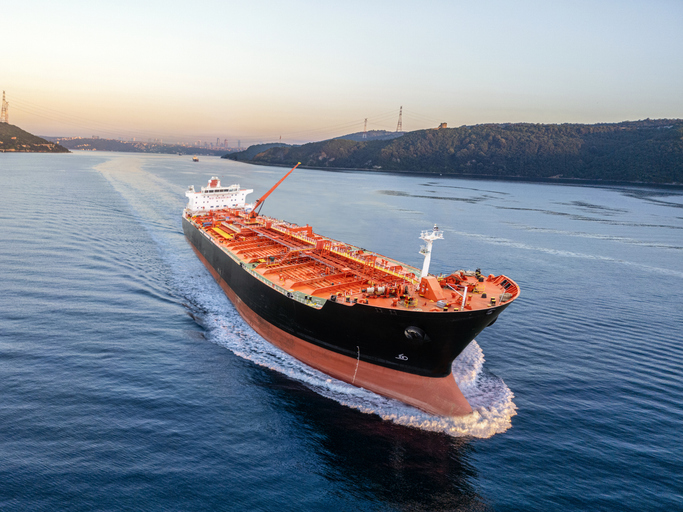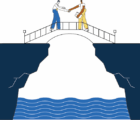
The following article is solely the opinion of the author and does not necessarily reflect the views of their employer.
In June, Israel launched waves of strikes on Iranian military infrastructure, to which Iran responded with missile attacks on Israel. The tension between these two countries has rocked several industries that depend on the major maritime routes in the Middle East region. The strategic location of the Middle East, connecting the east with the west, makes it one of the busiest shipping routes and a critical choke point for global oil and gas transportation. According to the International Energy Agency (IEA), in 2023, 30% of the global oil trade and 20% of all-natural gas were transported through the Strait of Hormuz.
The conflict poses underwriting and investment risks for global insurers and reinsurers. Marine insurance typically covers physical loss or damage to sea cargo, ranging from basic damages to all-risk policies, including war and terrorism risks. With the heightened Israel-Iran conflict, the capacity to provide reinsurance is further restricted, putting more pressure and increasing charges for primary carriers. For the short term, insurers are reverting to premium increases as a temporary relief and to boost underwriting profit. War-risk underwriters are reverting to tighter policy wording, repricing and adding exclusions for conflict zones. The issue, however, is prolonged. The accumulation of war, terrorism, and geopolitical uncertainty puts pressure not just on underwriting results, but also on investment income, where volatile investment portfolio returns can limit capital buffers and solvency margins further.
What This Means for Actuaries:
As of June 2025, ships passing through the Strait of Hormuz and the Persian Gulf have seen marine insurance premium increases of 60% compared to Q1 2025 rates. The impact of the conflict may also have a cascading effect on other lines of business. For example, contingent business interruption coverage is triggered if global supply chains are disrupted. The concentration of risk may also be problematic due to high correlations between perils such as war and terrorism.
Pricing perils such as war-risk and terrorism is extremely difficult, given their low frequency and high severity nature. With limited loss experience, actuaries will need to rely on methods beyond traditional classification methods and instead rely more on exposure-based methods. Marine insurance is known to be the first P&C line of business to react to a geopolitical crisis; this situation is not an exception. The broader Middle East region has undergone a major risk repricing as a reaction to the latest escalation of events. Given how fast things can develop further, actuaries need to put forth a contingency plan allowing for a quick re-pricing of imminent risks. Rapidly rising premiums can provide some relief, yet in the longer term — and in the case of a protracted conflict — actuaries will need to use their expertise to advise their companies of ways to reallocate their portfolios to other areas and industries to avoid concentration risk in high conflict zones.
Sources:












